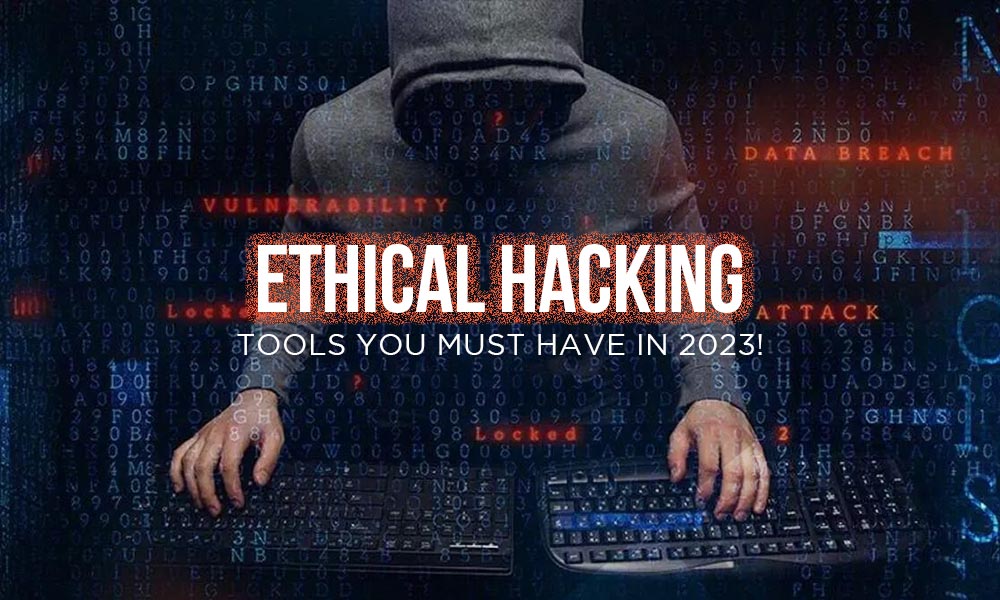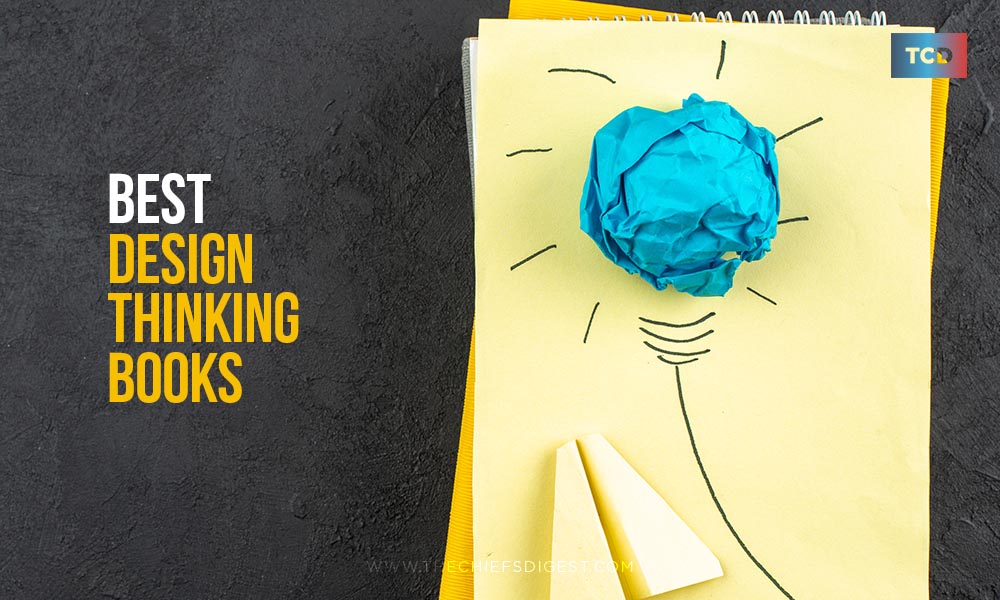How do credit cards work? Credits cards are a fascinating mode of payment. You can simply swipe down your card or enter your number, and voila! The transaction is done.
When purchasing things or paying bills, using credit cards can help provide convenience and also the option to save money if you receive points on your transactions. Simultaneously, you can use them to set a better credit history by exercising good financial practices. While credit cards and debit cards may appear to be the same, they are not. There are a few crucial credit card facts to know if you’re new to utilizing credit.
In this blog, we will learn how do credit cards work. But before we proceed with learning how do credit cards work, we will learn what exactly credit cards are and the vital things which you should know while using or before applying for a credit card.
What are Credit Cards?
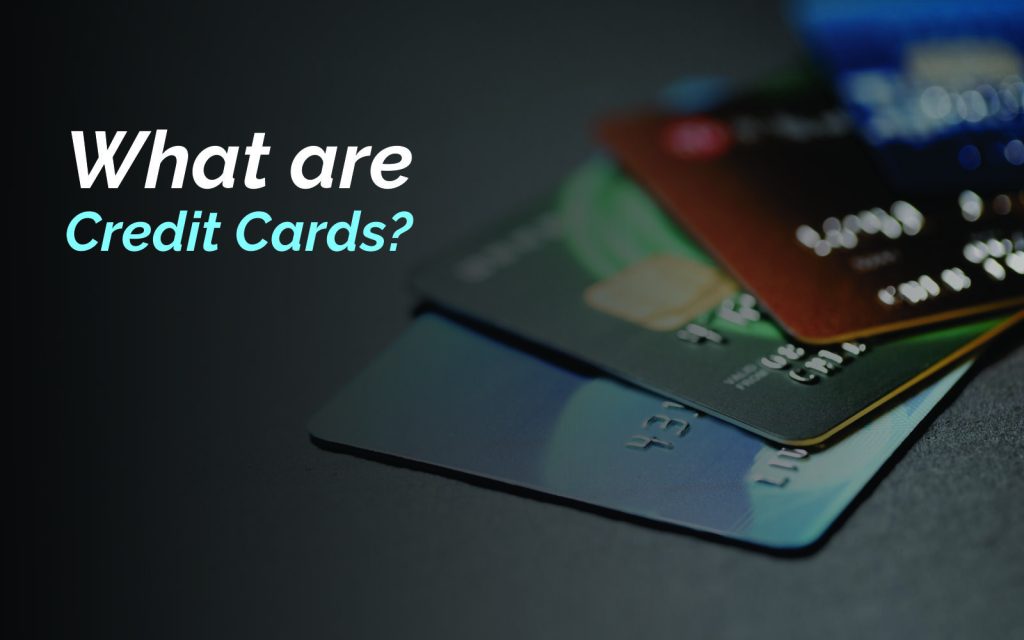
A credit card is a physical card used for making purchases and payments. You can use a credit card to pay bills, withdraw cash, do your shopping, and do many other activities, depending on the type of the card. In other words, a credit card also is considered a short-term loan (in its most basic form).
When you open an account, your credit card company sets a credit limit for you. This is the amount of money that your credit card company permits you to spend or pay bills. Your available credit is reduced as you charge things to the card. You then pay back what you spent from your credit limit to the credit card company. It is vital to note that credit cards can be secured or unsecured. A secured credit card requires a cash deposit to open, which typically doubles your credit limit.
How do Credit Cards Work?

Now that we know what credit cards are, let us see how do credit cards work. Credit cards can be used to make purchases online or in stores and pay bills.
- When you use a credit card to either make a purchase or pay your bills, your card details are sent to the merchant’s bank.
- The bank, further, gets authorization from the credit card network to process the transaction.
- In the next step, the card issuer has to verify your information and either approve or decline the transaction.
The above steps are the basic ways in which credit cards work.
When the transaction is approved, the payment is made to the merchant. Your card’s available credit is reduced by the transaction amount. At the end of your billing cycle, your card issuer will send you a statement that includes all the transactions done throughout the month. The statement will also include your previous balance, new balance, your minimum payment due as well as your due date.
However, in case the transaction is declined, it could indicate something wrong that might have happened while the purchase was made. It could also indicate that the purchase was unable to be completed. In such cases, you can avoid the situation by simply entering the correct information, such as your billing ZIP code. If that does not work, the problem might be something else. In that case, you can contact your card issuer for an effective solution to the problem.
10 Things to Know about Credit Cards
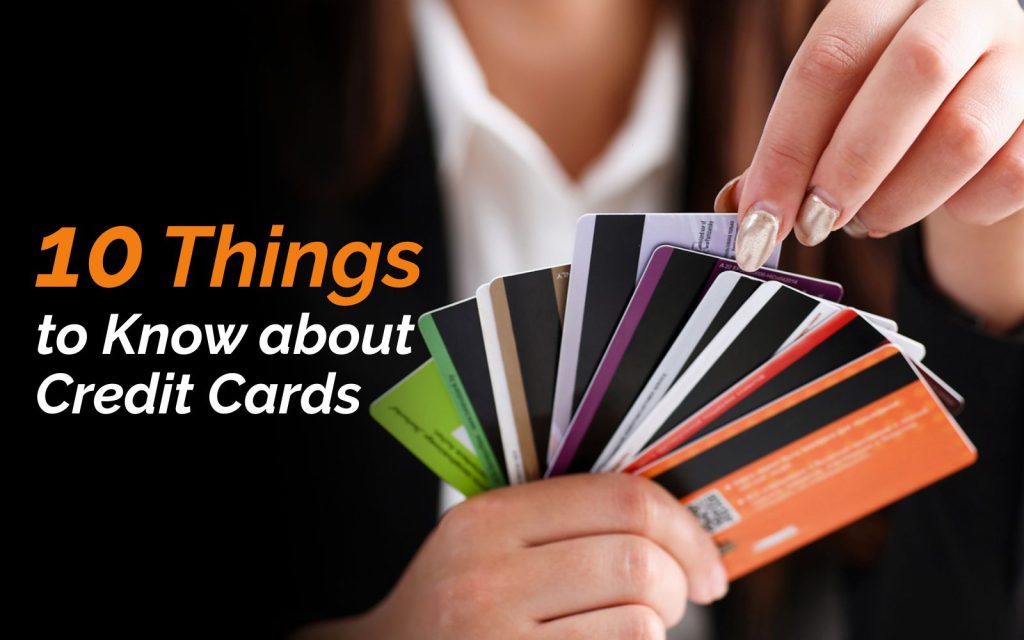
Now that you know how do credit cards work, let us learn some other vital things about them. There is a lot of basic information that you should know about a credit card. Here are the following things that you should know:
- The grace period is the period of time between the date of purchase on your card and the due date listed on your statement. During this period if you pay your bill in full by the due date, no interest charges accrue.
- If you carry a balance month to month, your card issuer can charge you interest. Your credit card’s annual percentage rate or APR reflects the cost of carrying a balance on an annualized basis. Your APR includes both your interest rate and other costs, such as an annual fee if your card has one.
- Most credit cards have a variable APR that is tied to the Prime Rate. This means your card’s APR can change over time, though the CARD Act of 2009 sets strict guidelines on when credit card companies can and can’t raise your rate.
- Credit card possession requires undergoing serious verification or scrutinization. This will include checking your credit file. If you’ve got a good credit rating, this will improve your chances of a successful credit application. It could also give you access to cards offering the lowest interest rates and/or promotional offers. A hard credit check will show up on your credit report and will have the potential to affect your credit score.
- Some credit companies will perform a soft check before you apply. This type of credit inquiry will have no impact on your credit rating and will not show up on your credit report. It provides an indication of whether your credit application will be successful.
- If your application is accepted, the card provider will give you an agreed credit limit.
- You need to make at least the minimum payment each month, even during an interest-free period.
- You can pay your bill in a number of ways, which will be explained on your bill. If you’re worried about forgetting to pay, you can set up a Direct Debit. This is providing you can rely on enough money coming into your bank account on the same date each month.
- Credit cards are not suitable for cash withdrawals because of fees. If you do withdraw cash on your credit card, you’ll usually be charged a fee plus interest (at a higher rate) daily from the day you take your cash.
- You need to be at least 18 to apply for a credit card. With some cards, the minimum age is 21.
5 Reasons Why You Should Use Credit Cards
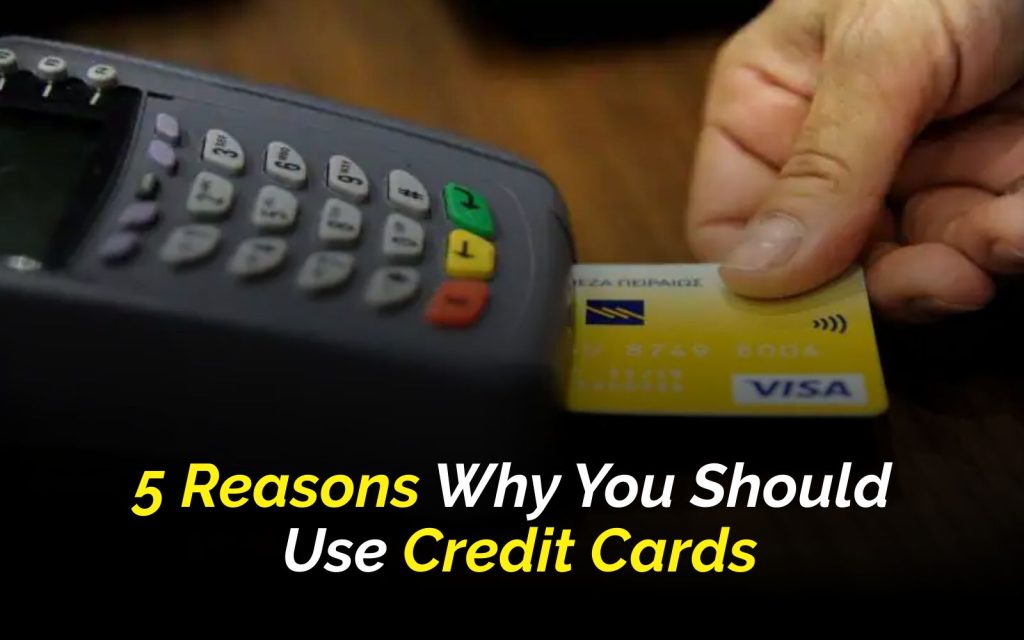
Listed are some advantages of using credit cards (as long as you are using them responsibly):
- By using a credit card responsibly, you might be able to build or rebuild your credit history and improve your credit score.
- Your credit card comes with a useful budgeting tool: the monthly statement, which can help you figure out where your money goes so you can create a realistic budget based on that and your income.
- Credit cards give you a fast, convenient way to pay.
- Earning rewards can be an advantage of using a credit card.
- Unfortunately, credit card fraud can happen to anyone. But the good news is that many credit cards offer fraud protection and security features to help you keep your credit card more secure.









